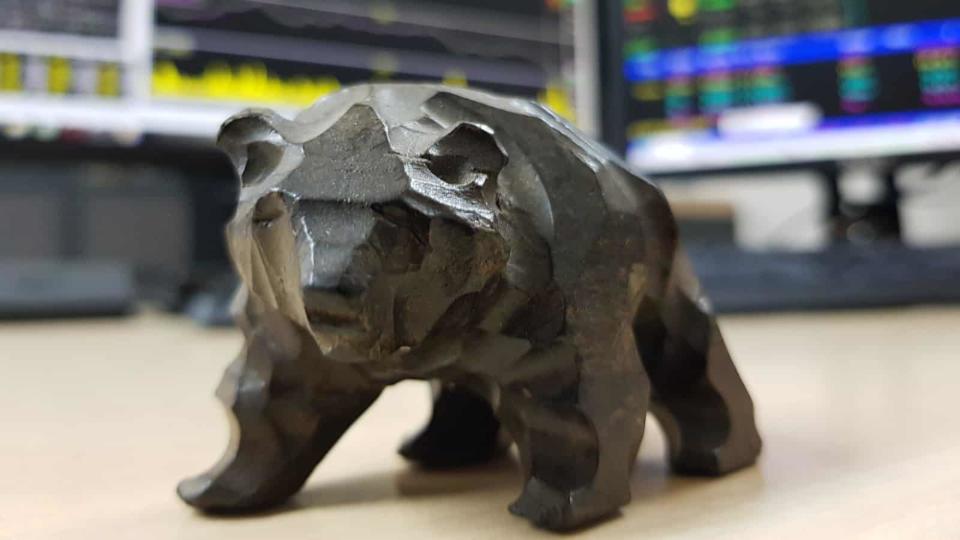Why the stock market is down 1.4% today

I usually characterise any move above 1% for a major index like the FTSE 100 as being a large one. As a result, when I see a drop of over a single percent at the start of the day on 16 April, I like to figure out what’s causing the move. Obviously, I don’t want to get into a panic about short-term moves in the stock market. Yet it’s important for me to understand what’s going on, as it can impact my decision-making.
Tensions in the Middle East
The situation that unfolded over the weekend with the attack on Israel from Iran has sparked fresh concerns about a larger conflict in the Middle East. During times of war or other issues, some investors sell stocks and flock to perceived safer assets such as bonds or gold.
At a stock-specific level, it’s also bad for business. For example, oil and gas majors such as BP and Shell have large projects and operations around the Middle East. I imagine their management teams are having some headaches at the moment as they try to understand what operational issues are going to result from the events of the past few days.
Higher-for-longer interest rates
Due to strong economic data from the US, it appears that interest rates on the other side of the pond will stay higher for a longer period of time that investors thought.
Given that most of the FTSE 100 firms are global in nature, this negatively impacts them. For example, take Glencore (LSE:GLEN). The stock is down 2% today (and down 2% over the past year). The short-term hit can be put down to two reasons.
Glencore has large operations in the US, focused around crude oil and natural gas. It deals with many domestic businesses on the ground. So if interest rates stay high and this puts pressure on companies, Glencore could see demand fall.
Further, the business has a chunky amount of debt. In the 2023 report, it showed net debt of $4.9bn, above the expectations of analysts of $4bn. If interest rates stay high, this will make servicing this debt more expensive, raising costs.
Therefore, it doesn’t surprise me that the stock is down today. I own shares in the firm and am not too concerned right now, but I’m going to keep an eye on it and see how things go in coming months.
China uncertainty
A final reason for the fall in the stock market is concern around China. Overnight economic data from the country was disappointing, with some worried about the slowdown in the economy. Given that a lot of FTSE 100 stocks rely on China for production or other things, it’s weighing down the market in general.
Even with the fall today, let’s not forget that the FTSE 100 recently hit 52-week highs above 8,000 points. A couple of days of large selling don’t take away from the impressive rally that we’ve had since the start of the year.
The post Why the stock market is down 1.4% today appeared first on The Motley Fool UK.
More reading
Jon Smith owns shares in Glencore Plc. The Motley Fool UK has no position in any of the shares mentioned. Views expressed on the companies mentioned in this article are those of the writer and therefore may differ from the official recommendations we make in our subscription services such as Share Advisor, Hidden Winners and Pro. Here at The Motley Fool we believe that considering a diverse range of insights makes us better investors.
Motley Fool UK 2024

 Yahoo Finance
Yahoo Finance 